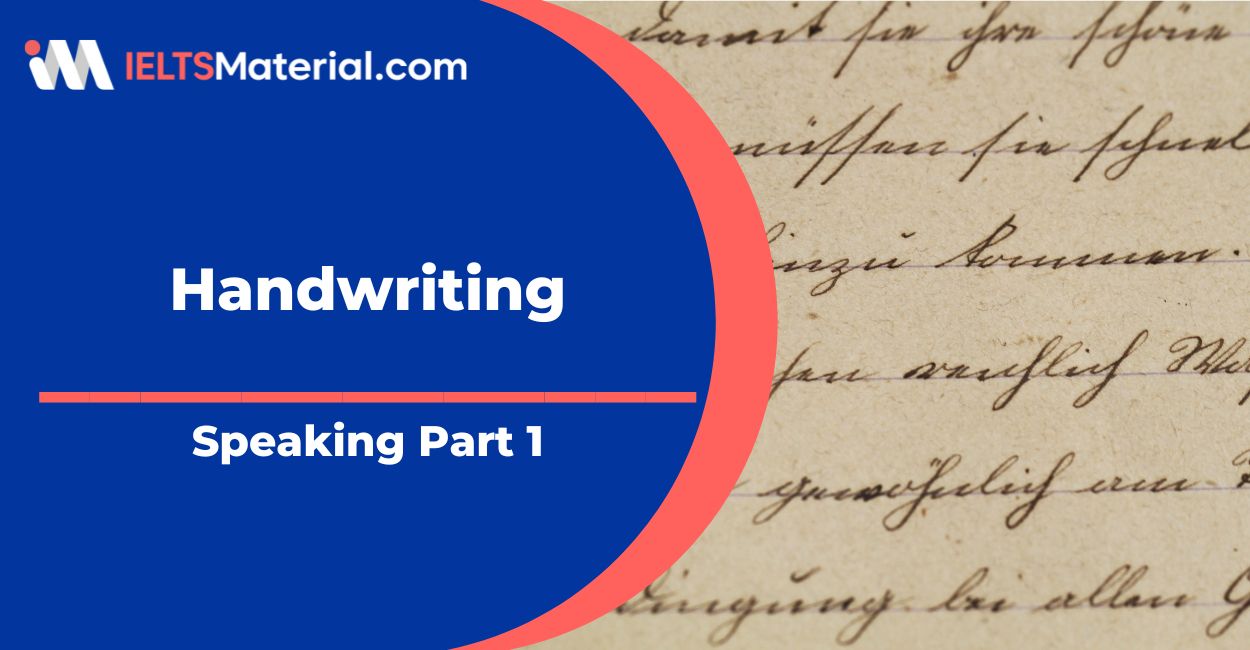Patience: IELTS Speaking Part 1 Model Answer
Table of Contents
Get a Complimentary IELTS Speaking Strategies PDF
The IELTS Speaking Module is designed to assess your English Language Speaking Skills. To ensure a good score in the IELTS Speaking Module, you must study and practice the common Speaking Question types. Below is a sample Speaking Module with responses. By studying the sample answers, you can have a reference to begin drafting your own Speaking section answers.
Speaking Part 1
1 What do you think “patience” is?
Well, I think patience is a virtue. Unfortunately, nowadays most people are quite impatient. For example, many people want to get rich quickly but are not willing to get their hands dirty. So they always complain about life.
2 Do you think patience is important?
Absolutely. I think it’s a quality that everybody should try to learn. In my opinion, learning to wait until the right time is the key to success. In fact, most successful entrepreneurs are very patient.
3 Do you think being patient is an important part of being polite?
Yes, I think patience is an indicator of politeness. A polite person would never chew someone out for keeping them waiting. If there’s a good excuse for being late, a polite person would be willing to overlook such minor mistakes.
4 Have you ever lost your patience?
Well, yeah, without doubt, there has been times when I lost my cool. For example, there was this one time, when I had to wait forever to be seated at a popular restaurant. Then someone suddenly cut in line and that really ticked me off.
5 Were you patient when you were young?
I don’t really know, since I don’t have many childhood memories. It’s pretty common, however, for kids to easily lose patience as they don’t know how to keep their emotions in check. There may have been times I was patient, and times I was not.
Vocabulary
- lost one’s cool: to suddenly become very angry and start shouting.
Eg: She lost her cool when she lost her diamond ring . - Cut in line: push into a line of people in order to be served or dealt with before one’s turn.
Eg: The customer cuts in line so that he gets first all the items . - Tick off: to make someone angry or annoyed.
Eg: He was ticked off after the quarreling happened between them. - Chew someone out: reprimand someone severely.
Eg: He chewed someone out of his house severely. - Overlook: to disregard or ignore indulgently, as faults or misconduct.
Eg: She has been overlooked by the team.
Also check :
Bonus IELTS Speaking part questions with Answers
Explore other Speaking Part 1 Topics
Kasturika Samanta

Janice Thompson

Janice Thompson
Recent Articles
Janice Thompson

Kasturika Samanta

Raajdeep Saha





Post your Comments